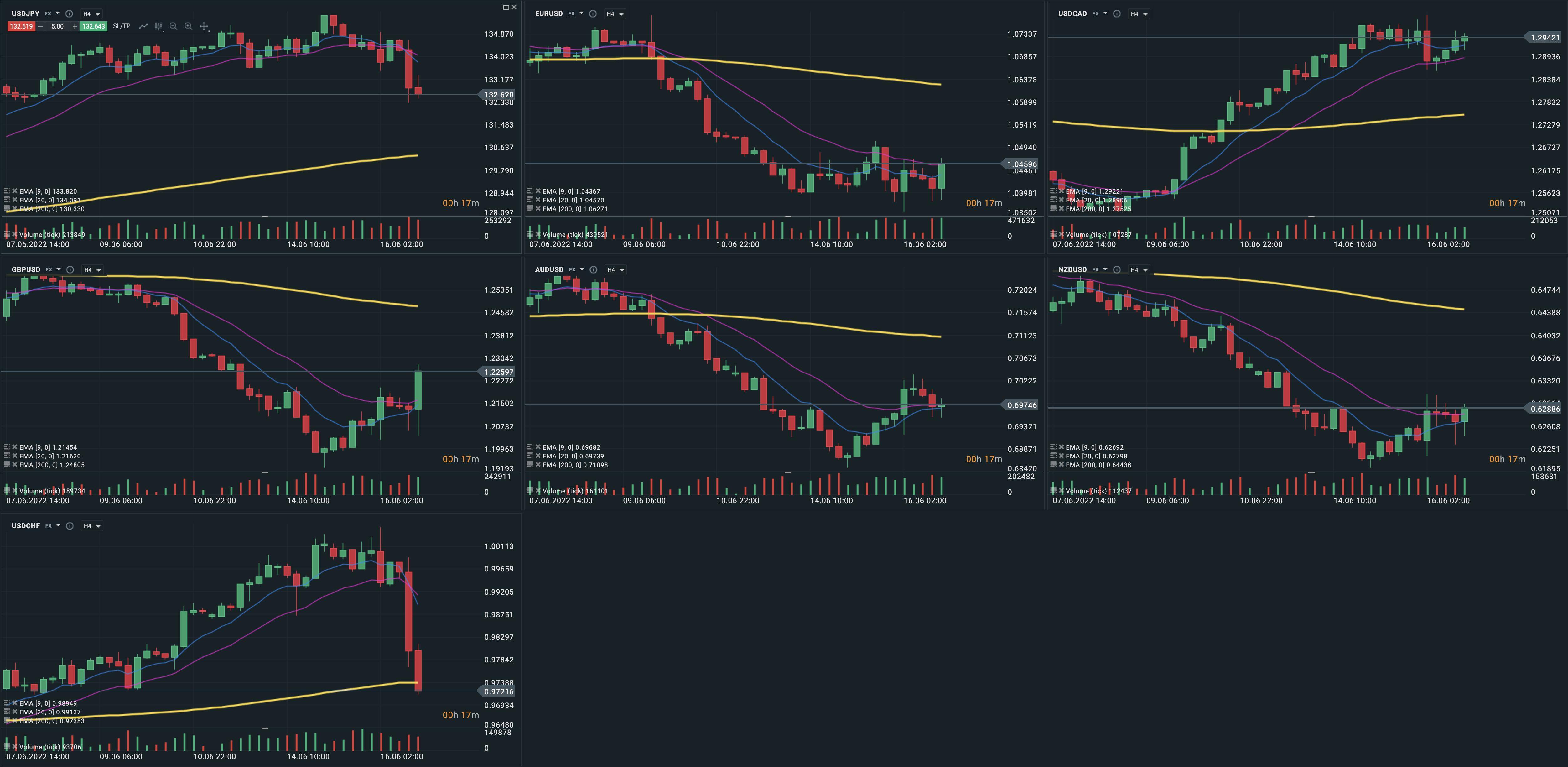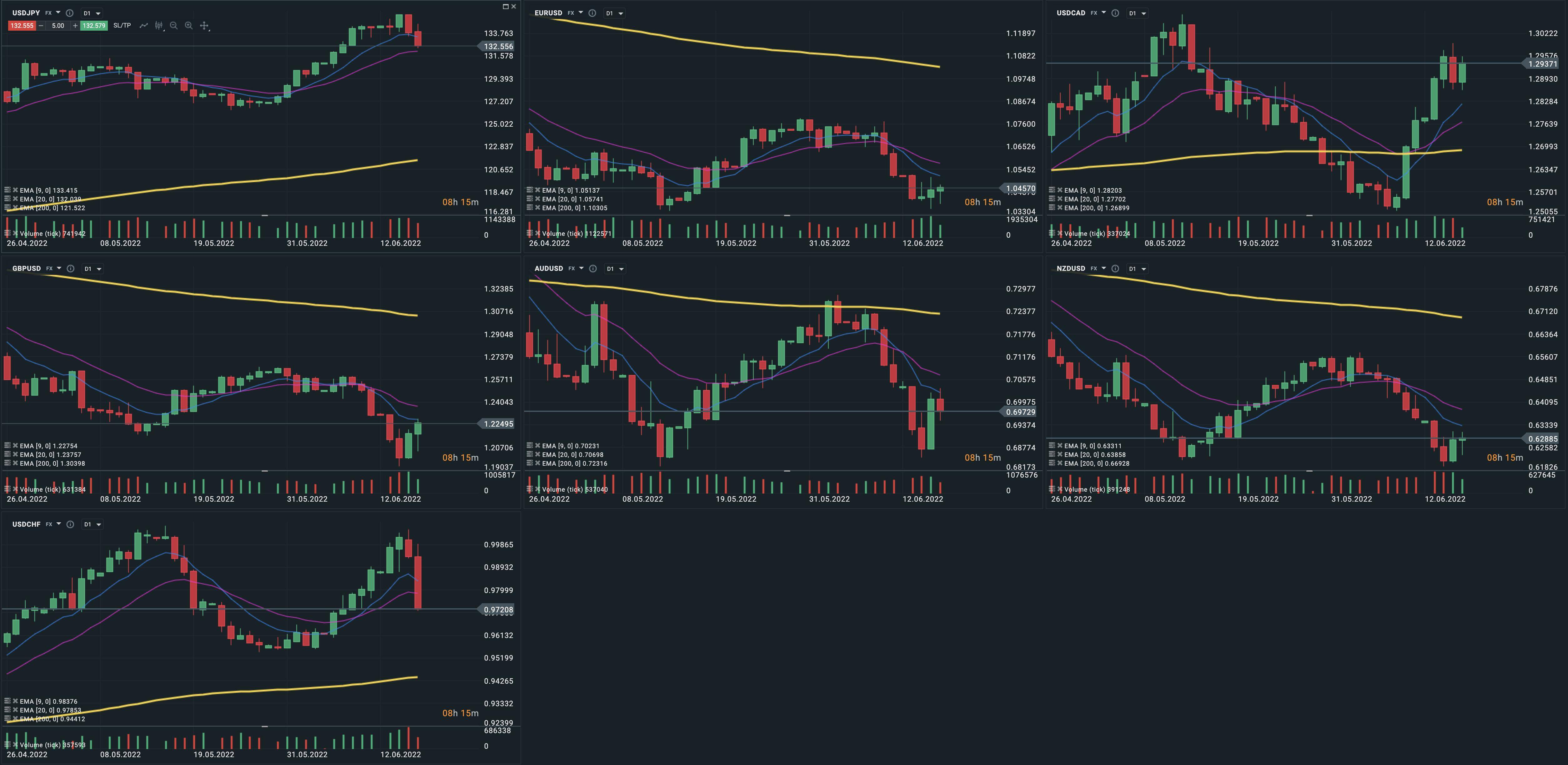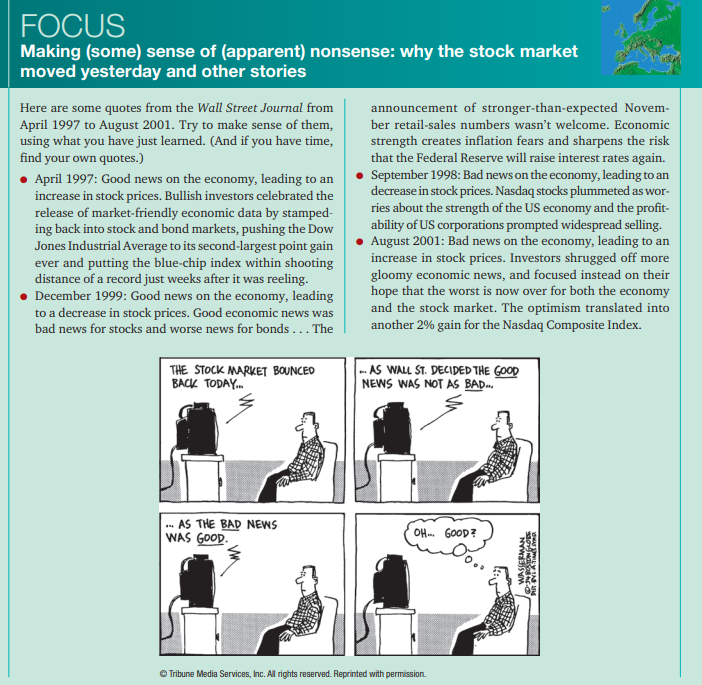2:00 (GMT+8) - The FED raised interest rates at 0.75-percentage-point (75 basis points I believe, not sure with terminology but definitely now at 1.75%). But even so, why does the USD seem weaker? I understand that there are other macroeconomic factors to consider, perhaps that of the other currency against the dollar, but what am I missing, because the other 7 currencies seem stronger (AUD, NZD, CAD, JPY, EUR, GBP, CHF).
1 Answer
FX is essentially a random walk, especially USD. You can look here for a lot more details. In essence, you can always tell stories afterwards, like people expected that move and it was already priced in, but they focused on expected future hikes from the ECB, CNB or whatever.
Macroeconomics, A European Perspective 3rd edition has a good Focus box that relates to this on P.300. It focuses on the stock market, but the underlying idea is exactly the same.
Edit
I never claimed that it is theoretically impossible to predict FX rates. I did claim that it is very hard to explain why FX rates move(d) the way they did (do). In my opinion the best quick explanation for this observation is that FX rates are essentially (very close to) a random walk. That's why I wrote it as my first sentence.
IMHO it's misguided to focus on whether FX can (theoretically) be predicted or not or if FX is a true random walk. The question is very generic (it has an implicit assumption that a rise in interest rates will lead to an appreciation in that currency). I tried to provide an equally generic answer, believing to convey the message that it's impossible to say what happens to the FX rate by simply looking at an interest rate change.
-
$\begingroup$ The fact that there is no model of FX rates that beats a random walk doesn't mean FX rates themselves are a random walk. $\endgroup$– BrsGCommented Jun 24, 2022 at 19:49
-
$\begingroup$ @BrsG, that's why I wrote essentially (very close to being statistically indistinguishable). It does mean that you cannot simply explain a change in the FX rate due to a single event like a rise in interest rates though. All outcomes are possible (little change, [large] move up, [large] move down) and it all depends on the reaction and past expectations. $\endgroup$– AKdemyCommented Jun 25, 2022 at 10:24
-
$\begingroup$ Well, you start your answer by claiming that FX rates are essentially random walks. My point was that this cannot be concluded by the fact the model prediction of FX rates do not outperform random walk predictions. There might be a way of predicting FX rates better than a random walk, but we just haven't found it yet. Or am I missing something? Is there a proof somewhere that FX rates can NOT be predicted in principle? $\endgroup$– BrsGCommented Jun 25, 2022 at 11:42


